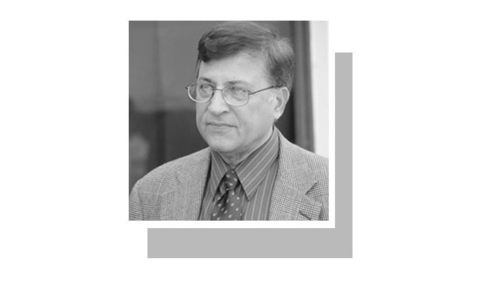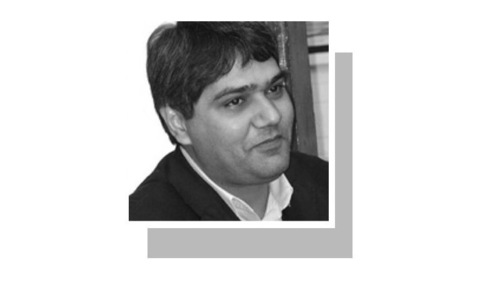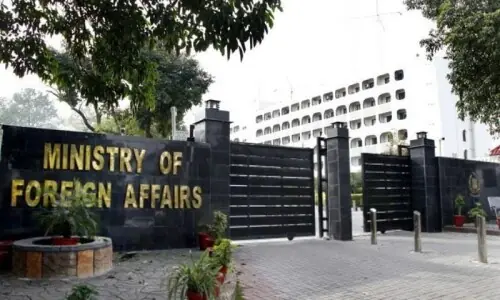WITH the government in Kabul appearing to stand on very fragile foundations, and as the clock ticks down to the final withdrawal of foreign forces from Afghanistan, the Afghan Taliban are asserting themselves diplomatically across the region.
The most recent diplomatic exchange took place in the city of Tianjin, where the Chinese government had invited members of the armed movement for talks. Indicating the importance of the meeting, the Chinese side was led by Foreign Minister Wang Yi, while the Taliban were represented by their number two, Mullah Abdul Ghani Baradar. Earlier, a Taliban delegation was in Iran to talk peace with the Afghan government, with the Iranian foreign minister playing host, while peace talks between both sides were also hosted by Russia.
While some have pointedly commented that the Taliban are being treated as a ‘government in waiting’ by regional powers, the truth is that in the cruel world of geopolitics, states must hedge their bets and keep channels open with all players, however unpalatable. Moreover, it can be argued that it was the US — more precisely the Trump administration — that granted legitimacy to the Afghan Taliban by signing the Doha peace accords in 2020, which paved the way for the current foreign withdrawal. The fact is that in today’s Afghanistan, the Taliban are the most powerful armed group, which is why foreign states are keen to engage the movement. The Chinese are obviously worried about Afghanistan becoming a haven for militancy again if the Taliban capture Kabul, with particular concern about Uighur fighters taking refuge in the country. Afghanistan and China share a short but inhospitable border. Other states have similar concerns.
According to a recent UN document, Al Qaeda is present in around 15 Afghan provinces, with Al Qaeda in the Indian Subcontinent reportedly working under Taliban protection. Anti-Pakistan terrorists such as the TTP also maintain a presence in Afghanistan as do Central Asian militants and members of the IS-Khorasan ‘chapter’. Therefore, if central authority collapses in Afghanistan, the possibility of all these unsavoury groups getting a free hand to carry out their operations becomes quite distinct. And here questions about the Afghan Taliban’s intentions begin to arise. Has the group learned a lesson from the American invasion and sworn not to provide sanctuary to foreign Islamist fighters? Or will the Taliban, fired up by the zeal of global ‘jihad’, once more become an accessory to global terrorist groups? Some answers may emerge in the weeks ahead.
Foreign states must continue to hammer home the message that militancy based out of Afghanistan will not be accepted, while it should also be communicated that religious freedom and women’s rights must be assured. It is up to the Taliban to choose the path forward. They can either try and enter the mainstream, or stick to their mediaeval worldview and risk isolation from regional states and further conflict within Afghanistan.
Published in Dawn, July 31st, 2021

































